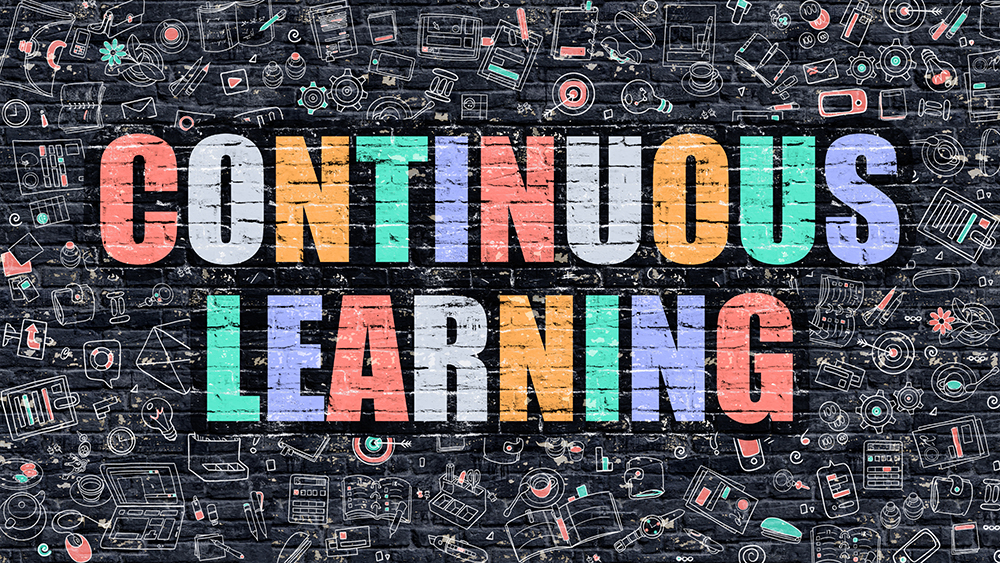Many outside the scientific world may never have heard of Richard Feynman, but the Nobel Prize-winning physicist is often regarded as one of the greatest minds in modern history.

Despite his vast knowledge of his chosen field, Feynman took a humble and hungry approach to learning, eager to expand his knowledge and understanding of the world and candid in his awareness that there was so much he did not know or understand. In this post, we look at Feynman’s simple strategy for learning new things.
“Feynman’s work as a physicist may have been mind-bendingly complex, but his learning technique was anything but,” writes Rob Mauritz in an article for Entrepreneur. “The premise is this: In simple terms, explain what you’re trying to learn, then find the gaps in your knowledge.” Feynman broke his strategy down into four simple steps:
- Pick a topic—Identify a subject you are unfamiliar with, and take an inventory of what you know and what you don’t know; then, “fill in the gaps.” This could be through self-study, attending lectures, listening to podcasts, etc.
- Teach someone else—After having compiled all that knowledge, simplify it as though you will be explaining the topic to someone else. This step is really the key. Plenty of studies have demonstrated that subjects learn better and retain more knowledge when they are asked to teach what they’ve learned to someone else.
- Simplify—Work on removing jargon and overly technical terms from the explanation by breaking down the material into simple terms using your own words. This helps ensure that complex concepts don’t hide behind big words that won’t be fully grasped.
- Repeat—Iteration is key here, as it is with so many processes. Continuing to teach others the material and refine the teaching method will improve retention and enforce mastery of the subject.
Many employees allow their knowledge of a subject to stagnate over time, but there is always more to learn. If a Nobel prize-winning physicist like Feynman recognized a need for continuous learning, it probably wouldn’t hurt the rest of us to embrace this approach. Fortunately for us, Feynman left behind a simple road map for us to follow.
